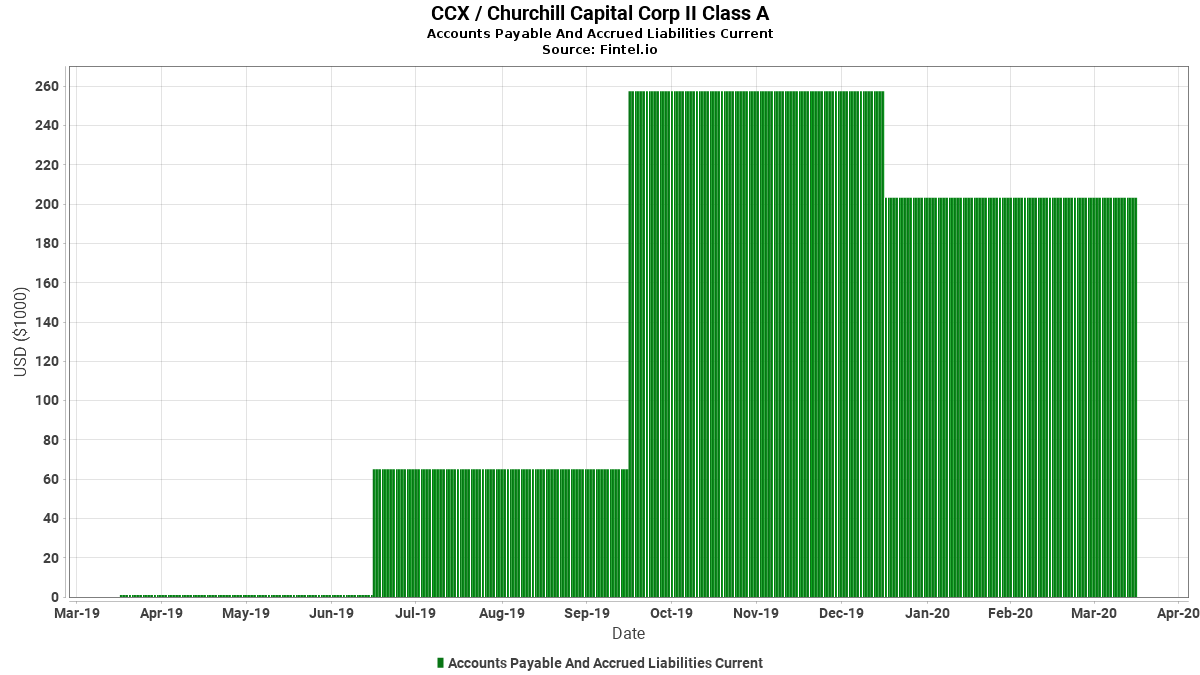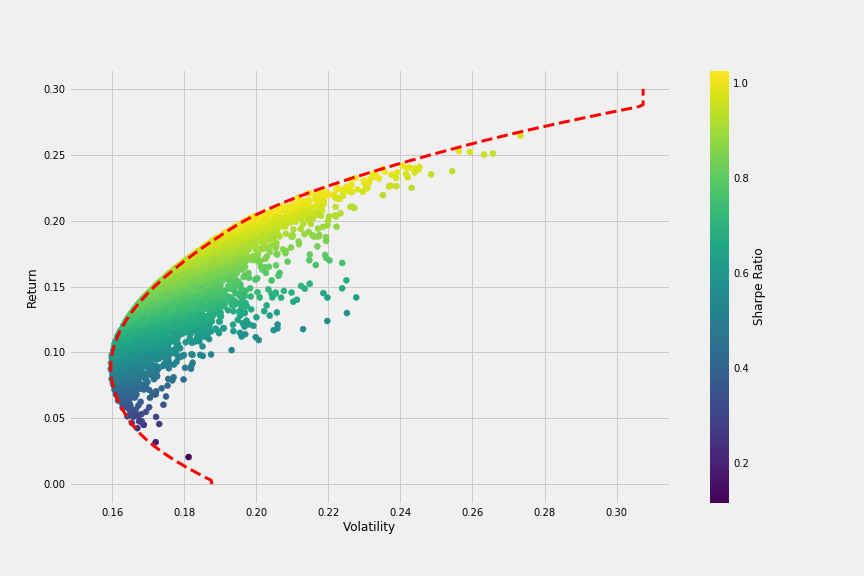Content

The face amount is the death benefit amount of a life insurance policy. For example, let’s say you take out a universal life insurance policy for $250,000. That means you’ll pay a fee of $500 and get $24,500 in cash value if you surrender your policy. A surrender period is a period of time that life insurance policyholders may have to wait before they can withdraw their cash value without facing any fees. A standard surrender period may last from 5-to-10 years, with its surrender fees being a percentage of the cash value amount.

Some permanent insurance policies have complex concepts, such as universal life insurance and variable universal life insurance. Term life policy is much simpler and cheaper, but this type of life policy doesn’t have the savings benefit of a permanent policy. The surrender value of an annuity is the total amount paid plus any investment gains or interest minus prior withdrawals and outstanding loans. Depending on how long you’ve had an annuity, surrendering your money might come with different costs. It’ll be determined by whether you want to make a full or partial surrender.
Ready to compare quick life insurance quotes?
You might take out a life insurance policy to cover childcare, tuition costs or the cost of raising a child in the event of your death. Once your children have grown, you may no longer need the policy for these reasons. Cash value is the amount saved in the life insurance policy, and the surrender value is the amount you receive after canceling your policy.
What is the cash surrender value of life insurance?
Cash surrender value is the amount of money you get when you cancel a cash value life insurance policy, like whole or universal life insurance.
Cash value is the sum of the money you paid, but surrender value is money you get back from the life insurance company after fees. Compare companies and shop around to find the best life insurance rates and surrender fees. Accumulating cash value may only occur in permanent life insurance policies, such as a standard universal life policy or a whole life policy. As you pay your premiums for your life insurance, part of that premium gets allocated to the cost of insurance, management fees, and the cash value of the policy. The surrender fee or the surrender charge is the cost you pay for cancelling a permanent life insurance policy with cash value.
How to Calculate Cash Surrender Value
The most advantageous aspect of such a policy is that you get to accumulate wealth on a tax-deferred basis. Cash value life insurance offers a lower interest rate than traditional investment vehicles. Also, any unused cash value at the time of your death usually reverts to the insurer. —only whole life, universal life, and variable universal life policies can be surrendered for a cash payment. Cash surrender value is not applicable with term policies because these policies do not accumulate cash value over time. However, some term policies can be converted into other types of policies that are eligible for cash surrender value. Suppose the policyholder requires this to use the corpus, then he may surrender the policy.
- Cash surrender value is the sum of money an insurance company pays to the policyholder or account owner upon the surrender of a policy/account.
- If there is no surrender fee, which may happen after you have had the policy for a long time, the cash surrender value is the same number as the cash value.
- This is why life insurance policies build up value over time; the more premiums you have paid, the greater the guaranteed surrender value.
- The insurance company will request that the policyholder fill out a form to submit.
However, during the early years of a whole life insurance policy, the savings portion brings very little return compared to the premiums paid. When surrendering your life insurance policy, you may incur surrender fees. A surrender period could last from 5-to-10 years and fees could be higher in the earlier years of your policy. First, it can provide a financial security net for policyholders in an unforeseen event.
Take out a policy loan
The two chief variables that determine eligibility for a life settlement are the impairment level of the policyholder and the cost structure of the original policy. If your circumstances have changed so much that the death benefit is no longer needed, you can surrender the policy in order to receive the net cash surrender value. If you sell your policy to a settlement company when you’re terminally ill, you shouldn’t have to pay tax on any gains. In order to better understand “cash surrender value,” you first need to know what “cash value” is and what surrender charges are. Once you have amassed enough cash value, you can use it to cover future premiums. If you are currently struggling to pay premiums, this option can make it easier to keep your policy in force.
Whole life insurance combines life insurance with an investment component. Bankrate follows a stricteditorial policy, so you can trust that our content is honest and accurate. Our award-winning editors and reporters create honest and accurate content to help you make the right financial decisions.
Loss assessment coverage
These Cash surrender worths and the policy’s surrender value can fluctuate over the life of a policy. After a certain time period, the surrender costs will no longer be in effect. At this point, your cash value and surrender value will be the same. Whole life insurance guarantees a cash value but you can only surrender it when you cancel your policy. Universal life insurance tends to be more flexible with its cash value, allowing policyholders to partially surrender the cash after the first year of holding the policy.
The https://personal-accounting.org/ for permanent policies cover the cost of the life insurance policy and build a cash value within the policy. The cash value amount depends on the premium paid, the duration of the policy, and the interest rate the policy earns. Cash value life insurance is a type of permanent life insurance policy that includes a savings component.
Policyholders may decide to surrender their life insurance policies for a couple of reasons. They may no longer need the coverage, or may need the cash for unexpected expenses.

